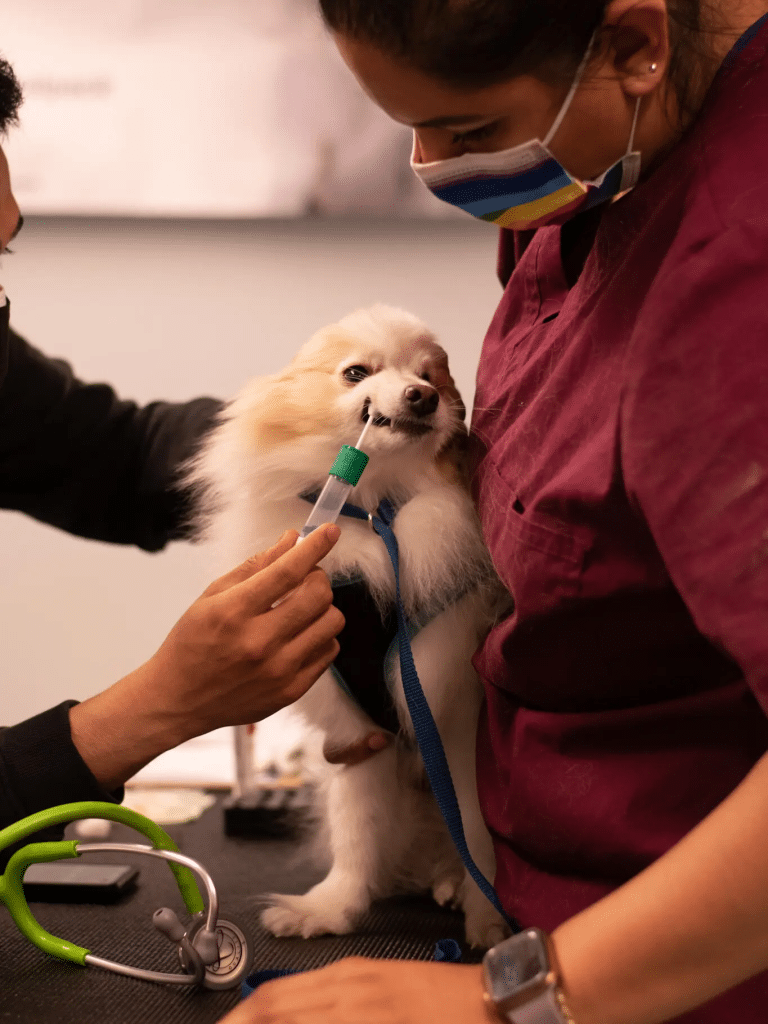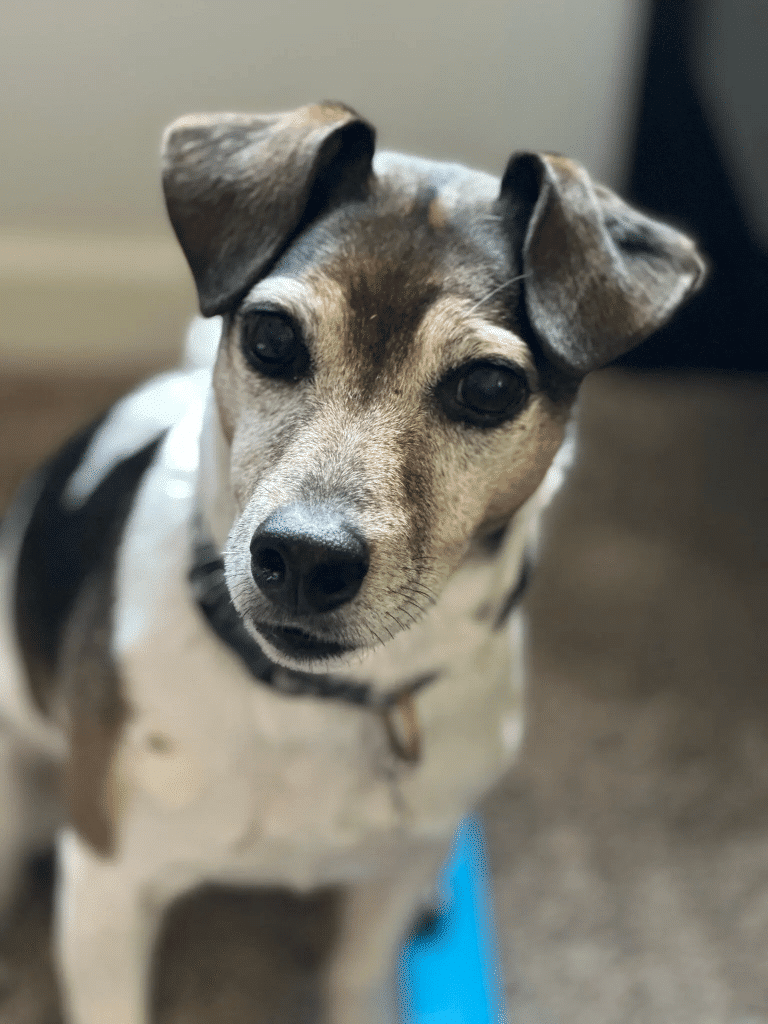As pet lovers, we all know the fun and friendship our furry friends bring into our lives—not to mention the priceless love and loyalty they give us.
They are more than just pets; they are our family.
And just like any other family member, we want them to be with us for as long as possible.

It’s heartbreaking when they cross over the rainbow; we often wish they could live longer lives. However, we know it’s inevitable.
But what if I tell you there might be a drug that could significantly extend the lives of our beloved pets?
Yes. You read that right!
There’s a new drug that could extend the lifespan of large dogs and keep them healthier as they age.
Though the lifespan may differ among sizes and breeds, the average lifespan for dogs is between 10–13 years.
The clinical-stage veterinary medicine company Loyal for Dogs has developed a new longevity drug called LOY-001 that could help large and giant dog breeds live healthier and longer lives.
While the drug still needs to undergo clinical trials, it finally passed the first step of US Food and Drug Administration approval after four years of testing.
LOY-001 is designed for healthy dogs that are over 7-years-old and weigh at least 40 pounds (18 kilograms). A vet would administer it through injection every three to six months.
The drug is designed to reduce hormone levels called IGF-1 ( insulin-like growth factor-1). The hormone has been linked to aging and longevity in various species.
Researchers believe that the IGF-1 hormone may influence body size in dogs.
While not yet proven, some scientists suggest that larger dogs have higher levels of IGF-1, which accelerate growth and aging, hence shorter lifespans.
The average lifespan for large dog breeds is 8 to 12 years.

This includes large breed dogs such as German Shepherds, Great Danes, Golden Retrievers, Doberman Pinschers, Labrador Retrievers, Rottweilers, St. Bernards, and Mastiffs.
In contrast, smaller dogs have longer lifespans and lower IGF-1 levels. Small dogs, like Chihuahuas, Maltese, Shih Tzus, or Yorkies, live between 14 and 16 years.

In early studies, Loyal conducted initial clinical trials using the LOY-001 drug. It has decreased IGF-1 levels in larger dogs compared to those exhibited in medium-sized dogs.
Although two dogs experienced loose stools briefly after receiving the injection, no significant adverse effects have been reported.

Image Credit: Loyal

Image Credit: Loyal
According to Celine Halioua, the CEO and founder of Loyal for Dogs, LOY-001 is not meant to make dogs immortal. Instead, it’s to make them age slower and live in a healthier state for longer.
To date, the LOY-001 drug still needs to undergo time-consuming clinical trials. In 2024/2025, Loyal seeks to recruit over a thousand senior dogs for clinical trials.
The team is optimistic about receiving conditional approval for LOY-001 by 2026, allowing the company to market a drug to extend dogs’ lives.
Moreover, scientists at Loyal are developing two additional versions, LOY-002 and LOY-003. Both drugs can be taken as daily pills. LOY-003 is for all elderly dogs except for the smallest breeds.
While this drug is specifically geared for pets, it also shows a path for humans too. In the near future we may be able to develop similar drugs that can extend our own maximum lifespan and quality of life as we age.







